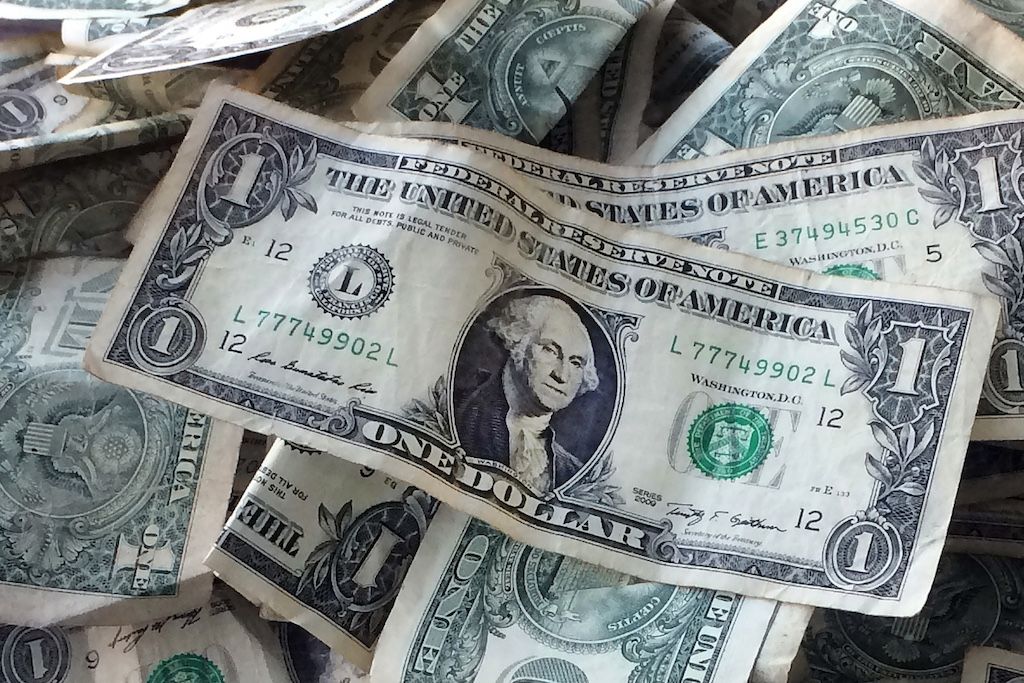

(The Center Square) – North Carolina has the 12th best tax code in the country, according to a new study.
The nonprofit Tax Foundation publishes a ranking each year of state tax codes. It was previously called the State Business Tax Climate Index but this year has been rebranded as the State Tax Competitiveness Index.
North Carolina actually dropped one spot on the list this year from its 11th place ranking last, year because of “meaningful structural reforms,” in other states, the foundation said.
However, the group praised North Carolina’s reduction in individual flat-rate income tax from 4.75% to 4.5%.
The Old North State boasts the No. 3 ranking for corporate taxes and No. 7 for unemployment insurance.
“The taxes paid by businesses should be a concern to everyone because they are ultimately borne by individuals through lower wages, increased prices, and decreased shareholder value,” the foundation said. “States do not institute tax policy in a vacuum. Every change to a state’s tax system makes its business tax climate more or less competitive compared to other states and makes the state more or less attractive to business.”
Paired with incentives, state and local governments in the state have drawn scores of new business opportunities. The tax changes are anchored through the Republican majorities of the General Assembly.
Overall, Wyoming and South Dakota topped the new list of states with the best tax codes, with New York and New Jersey coming in as the worst.
“The absence of a major tax is a common factor among many of the top 10 states,” the report says. “Property taxes and unemployment insurance taxes are levied in every state, but there are several states that do without one or more of the major taxes: the corporate income tax, the individual income tax, or the sales tax.”
The states at the bottom of the list, have “complex, nonneutral taxes with comparatively high rates,” the foundation said.
“New Jersey, for example, is hampered by some of the highest property tax burdens in the country, has the highest-rate corporate income tax in the country, and has one of the highest-rate individual income taxes,” it said. “Additionally, the state has a particularly aggressive treatment of international income, levies an inheritance tax, and maintains some of the nation’s worst-structured individual income taxes.”
A strong tax code can help a state succeed economically, the foundation said.
“A well-structured tax code won’t make the Wyoming Basin a metropolis, nor will poor tax structure make Manhattan a ghost town,” the group said. “But tax structure does play a role in a state’s economic successes or failures, and often a substantial one. Every state can benefit from a simple, neutral, transparent, pro-growth tax structure.”
The report highlights states that have improved their tax codes and moved up on the ranking list.
Arkansas, for example, moved up two slots on the list, from 38th to 36th, for dropping its top marginal corporate income tax rate from 5.1% to 4.3% and its top marginal individual income tax rate from 4.7% to 3.9%, the foundation said.
Georgia moved up six places to 26th, changes including replacing a graduated individual income tax with a top rate of 5.75% to a flat tax structure with a rate of 5.39%.
“Taxes are not everything, but they do matter, and they are within the control of policymakers,” the foundation concluded. “Even within a given revenue target, there are better and worse ways to raise revenue.”






